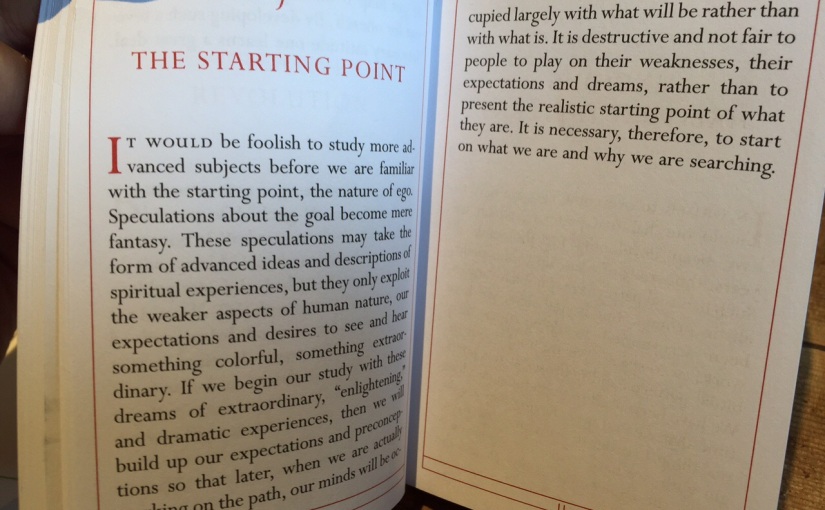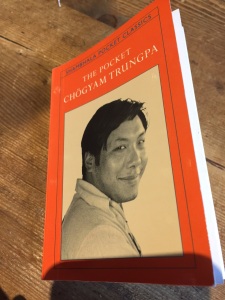a message is as good as its receiver. it’s fascinating to see how we interpret the same texts, the same holy books, the same gestures and rituals so differently. the theme of solidifying the messages, by either idolizing or demonizing, or dismissing with indifference stops our ability to learn from the message anymore. wisdom and receptivity evolves. the same book read at a different age, the same song heard at a different mood, the same person at a different situation… can all evoke unlimited possibilities. the message doesn’t change, but the reader’s willingness and readiness to allow it to change and evolve and grow does. throughout time we’ve frozen god into moulds that serve us at the time, yet as we grow if our image doesn’t grow, we are held back and stuck at a primitive point. nature pushes us to grow and evolve.
i imagine when we didn’t pretend to know everything around us, if we could be surprised and awed by an ant, enamoured by a flower, mystified by a storm, if we could wonder at the partners, friends and relatives that we have narrowed down to an idea or label, if we could be surprised by our own bodies and minds without always trying to predict control criticize or aggrandize.
that sense of awe and freshness is what fosters creativity evolution and growth. if im willing to take a fresh look at what’s around me and if i dont limit its potential with my limited ideas picked up at an earlier time, i can learn so much more.
we’re very comfortable with kids growing. when growing pains like muscle strains and teething happens, we understand, often with a lot of compassion. yet when we are older we expect ourselves and others to stay the same, so when discomfort arises, when anxiety arises because we are growing, when hearts break because we are growing, when fear is evoked because we don’t know what is happening to us because we yet do not know what it is that is happening, instead of treating it like a child when scared of a tooth falling out, we treat it as pathology. perhaps its because no one is telling us it will be ok, it is normal, it is growing pains.
my mentor says we grow when we are ready and when we have a teacher. the existential angst of not knowing where we stand because we have not yet experienced what we are becoming is so natural, so fully human, yet we need a teacher to remind us it’s ok, keep growing. the readiness perhaps comes nature and nurture driven, like when kids are ready to recognize their own reflections in the mirror, when they understand object permanence, when they realize the moon is not following them, when they realize their parents are human, when we realize we dont know much, when we struggle with the meaning of life… part of growing up and being fully human is perhaps knowing that the archetypes exist and live on and nothing much changes on the outside until we are ready to see it and grow with it.
I wonder what those adult milestones are… when our inner worlds expand a little bit to allow and make room for more of the expansive universe.
one of the best expressions of this existential fear of becoming more than we are was expressed at the Berlin Artparasite facebook page, here’s a screenshot:
© The Paradox of Being. Unauthorized use and/or duplication of written material, ideas, and images without express and written permission from this blog’s author is strictly prohibited. Links to the original content on this blog may be provided.


 at we have, as we have it, right this moment.
at we have, as we have it, right this moment.

